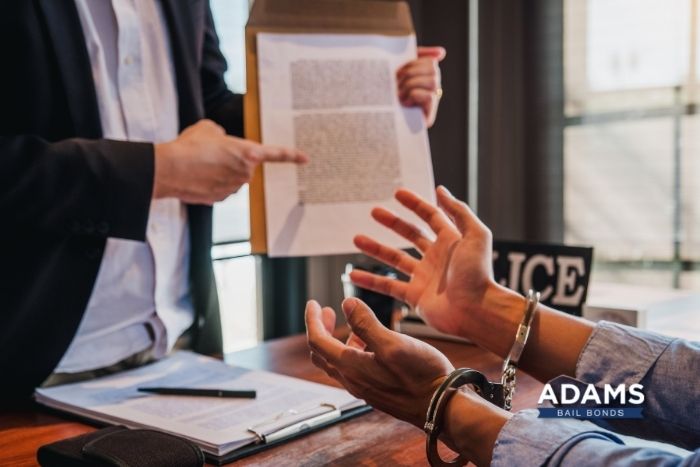
It doesn’t matter if it’s a phone call asking that you schedule an appointment or if officers knock on your door. Learning that the police want to talk to you is enough to strike terror into your heart, even if you haven’t done anything wrong.
When you learn that the police want to speak to you, you should forget anything you learned from procedural shows. They always imply that you should wait to get a lawyer, that’s a huge mistake.
The police can’t force you to talk to them without a lawyer and contrary to what popular culture might want you to believe, having a lawyer doesn’t automatically make you seem guilty.
Legally speaking, you’re not obligated to speak to the police unless they have presented you with a warrant. However, they aren’t obligated to leave you alone either. If the police believe that you have the information that they need, they can keep contacting you and attempting to set up an appointment. Hiring a lawyer and meeting with them is one of the best ways to resolve the situation quickly.
The main reason you want to hire a lawyer when you’re going to speak to the police is that the lawyer will make sure you don’t say anything that could potentially implicate you and they will also make sure the police follow the strict letter of the law during the questioning.
While you’re waiting for a lawyer, you shouldn’t answer any questions the police try to ask. If you feel compelled to speak, limit your comments to “I’m waiting for my attorney.” While you don’t want to talk to the police without your lawyer, you also don’t want to do anything to offend the police. Don’t slam the door in their face, don’t yell obscenities, and don’t even think about making any threatening comments. It’s in your best interest to stay calm and polite. The only thing losing your temper accomplishes is potentially creating a situation where your behavior inspires the police to press charges against you.
You should also remember that just because the police have asked to talk to you, it doesn’t necessarily mean that they think you’ve done something wrong. In many situations, the police simply want to ask you a few questions that will help them build a case against someone else.
